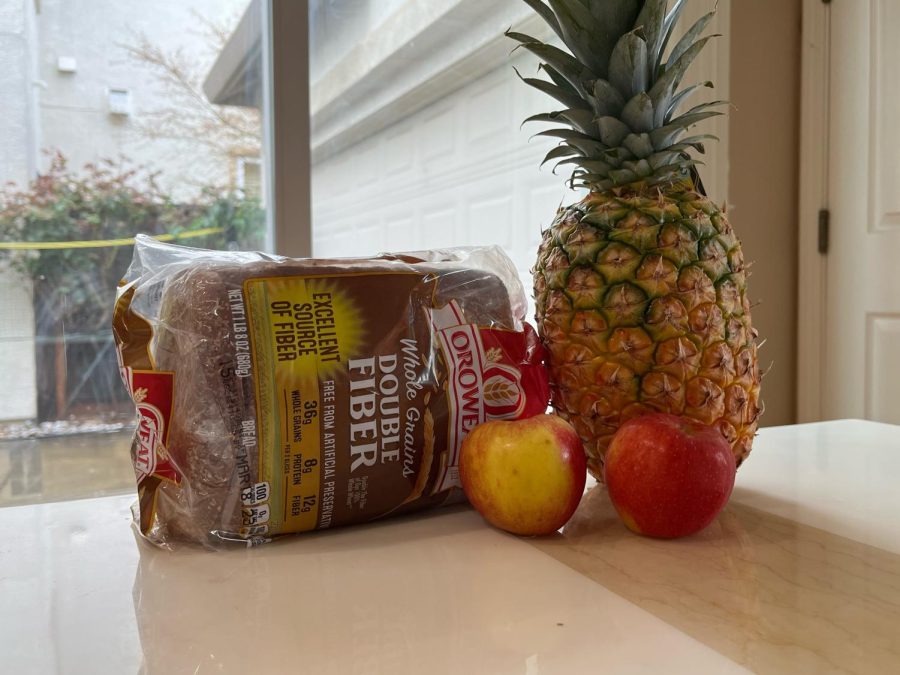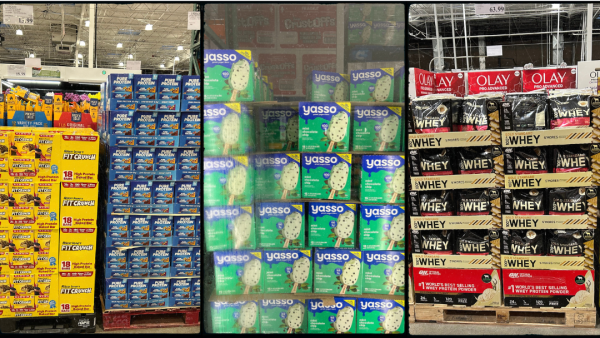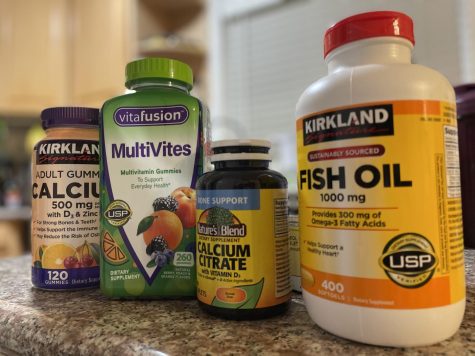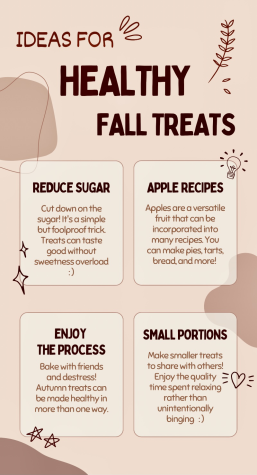The Power of Plants: How can incorporating plant-based foods into your diet boost your health?
A plant-based diet including vegetables, fruit, and whole grains can have many benefits for both one’s health and the environment.
Due to environmental, religious, or ethical reasons, many Amador students opt for a plant-based diet, which comes with several benefits for their health and the environment.
“The main reason for me being vegetarian was the environment. I wanted to make sure that I ate a plant-based diet for environmentalism, but I know that there is a lot of factors that people go vegetarian for,” said Hannah Cha (‘24).
Consuming a plant-based diet requires less fertilizer, farmland, and irrigation than eating meat, according to a study by the Harvard School of Public Health. As agriculture emits 11% of greenhouse gasses, eating more plants can heavily benefit the environment.
“I choose to be vegetarian because my parents were vegetarian, so I grew up being vegetarian. I don’t want to kill or eat animals,” said Rajas Paranjpe (‘25).
Many students choose a plant-based diet for religious and ethical reasons. Several religions, such as Hinduism, Islam, and Judaism, prohibit people from eating certain foods, such as pork or beef.
“I remember eating a lot of plant-based foods that I found in local grocery markets like Whole Foods and Trader Joes… One of my favorites was a vegetarian lasagna that I found, and a lot of these stores have a lot of accessible vegetarian foods now,” said Cha.
Protein is one challenge of a plant-based diet, but several plant-based foods are rich in protein and iron. These include legumes, chickpeas, hemp seeds, and tofu, which are culinary staples in cultures around the world.
“There’s a lot of really good vegan foods, and they definitely taste good. My favorite is the food that I eat at Thai restaurants, because it’s vegan and has no milk or eggs,” said Paranjpe.
In addition to plant-based foods rich in nutrients, there is also a variety of meat alternatives made to taste and feel like meat, such as Simulate chicken nuggets, Hodo Tofu, and Afia Falafel, made of proteins such as peas and tempeh.
“I don’t like meat alternatives because they add flavoring that makes it taste like meat, and I don’t like that taste,” said Paranjpe.
While meat alternatives can help transition to a plant-based diet, they are often highly processed and can contain unhealthy amounts of sodium and artificial dyes. In moderation, however, they still have merit in combating meat cravings.
“All people can benefit from the health effects of increasing the proportion of plants on their plates,” said nutritionist Maya Feller.
Your donation will support the student journalists in the AVJournalism program. Your contribution will allow us to purchase equipment and cover our annual website hosting costs.











